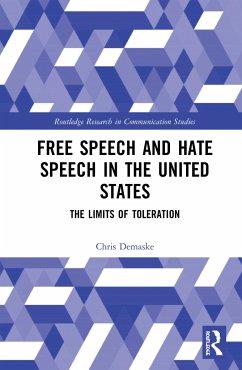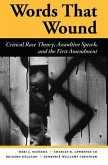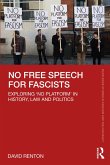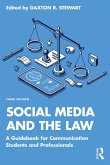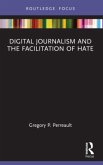Free Speech and Hate Speech in the United States explores the concept and treatment of hate speech in light of escalating social tensions in the global twenty-first century, proposing a shift in emphasis from the negative protection of individual rights toward a more positive support of social equality.
Drawing on Axel Honneth's theory of recognition, the author develops a two-tiered framework for free speech analysis that will promote a strategy for combating hate speech. To illustrate how this framework might impact speech rights in the U.S., she looks specifically at hate speech in the context of symbolic speech, disparaging speech, internet speech and speech on college campuses.
Entering into an ongoing debate about the role of speech in society, this book will be of key importance to First Amendment scholars, and to scholars and students of communication studies, media studies, media law, political science, feminist studies, American studies, and history.
Drawing on Axel Honneth's theory of recognition, the author develops a two-tiered framework for free speech analysis that will promote a strategy for combating hate speech. To illustrate how this framework might impact speech rights in the U.S., she looks specifically at hate speech in the context of symbolic speech, disparaging speech, internet speech and speech on college campuses.
Entering into an ongoing debate about the role of speech in society, this book will be of key importance to First Amendment scholars, and to scholars and students of communication studies, media studies, media law, political science, feminist studies, American studies, and history.

